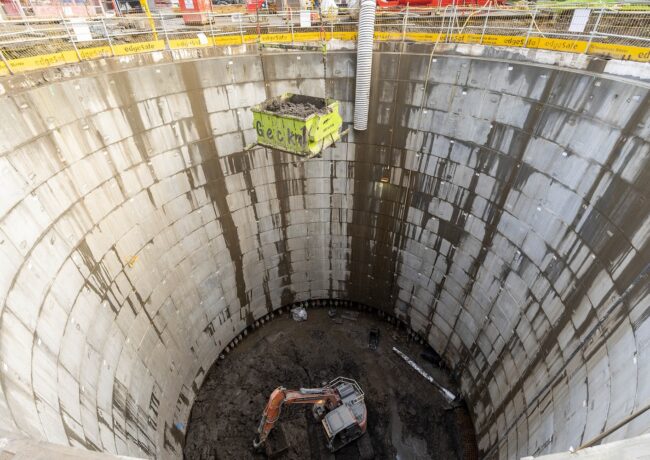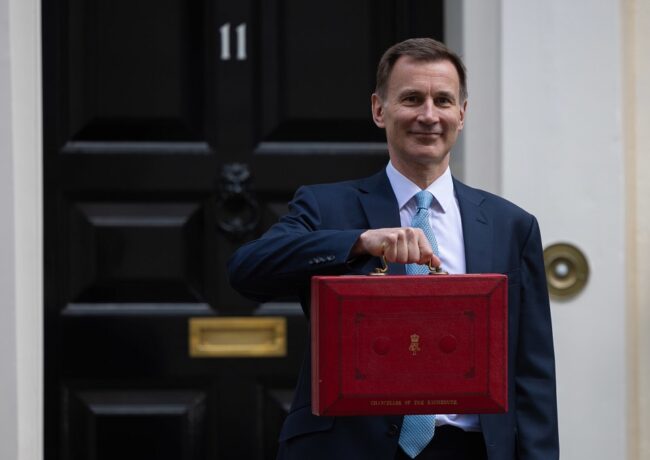VIDEO | Making sustainable construction viable
Costs associated with the pursuit of net zero are putting more pressure on contractors’ already tight margins. Place North West and Wates Construction gathered a group of industry leaders to discuss how to make projects stack up for the companies building them without compromising on sustainability targets.
The panel discussed how early engagement with the supply chain and the use of innovative construction techniques could keep costs down and ensure the delivery of good quality, low-carbon developments.
The discussion, which you can also watch on Place North West‘s YouTube channel, was hosted by senior reporter Dan Whelan and held at the Doubletree by Hilton in Manchester city centre.
The participants were:
- Mike Wilton, leader of Arup’s Manchester office
- Laura Sherliker, director at Fairhursts Design Group
- Steve Gillingham, partner at Rider Levett Bucknall
- Michelle Humphreys, director of strategic projects at Manchester University NHS Foundation Trust
- Dave Saville, North West regional director at Wates
- Hardip Mann, head of sustainability at Wates
- Neil Eccles, head of innovation at Rochdale Development Agency
- Ceri Turner-Hill, senior architect at Wienerberger
- Alex Edwards, head of infrastructure and energy at Bruntwood
- Lee Treanor, director at HBD
Key talking points:
Ceri Turner-Hill: “Smaller and medium-sized contractors are really keen to get involved with sustainability and net zero carbon but from experience, we have found they are not entirely aware of the extent that that permeates throughout the designs.”
Steve Gillingham: “If you don’t attempt to make some sort of measure of the carbon along with the cost, both embodied and in use, and try to monetise that, you’re not going to get a picture that developers and funders can get their heads around.”
Hardip Mann: “Collaborating as early as possible is really important. If we were to get a project at stage zero or stage one, the cost of getting a BREEAM “outstanding” is going to be around 1% [of the total construction cost], if we get the project at stage four it could be 15%.”
Dave Saville: “Unfortunately, at the moment, we are finding that budgets are still not robust enough at a capital cost level to deliver what people want to achieve.”
Mike Wilton: “Greater Manchester has got ambitious, science-based targets. The challenge is we are not changing fast enough.”
Lee Treanor: “We are looking at making fundamental changes to how occupiers will occupy our buildings. If we have a call centre that occupies our building 24-7 and we have building-wide systems running for one or two floors, that is a wholly inefficient way to occupy space.”
Neil Eccles: “When inflation is very low it doesn’t provide any incentive to innovate but now we are seeing all of these challenges it is driving people to look at things differently.”
Laura Sherliker: “Early contractor engagement is really important so that we can look at the buildability and how we can reduce construction periods. The sooner you understand who you are going to be working with and how that trickles down, the better and more robust that measurement [of carbon] can be.”
Alex Edwards: “If you put all the risk on the contractor they are just going to apply that risk in their tender. If you are prepared to take on some of that risk you’re going to get a better tender return and then the contractor knows that you understand that construction is not easy.”




